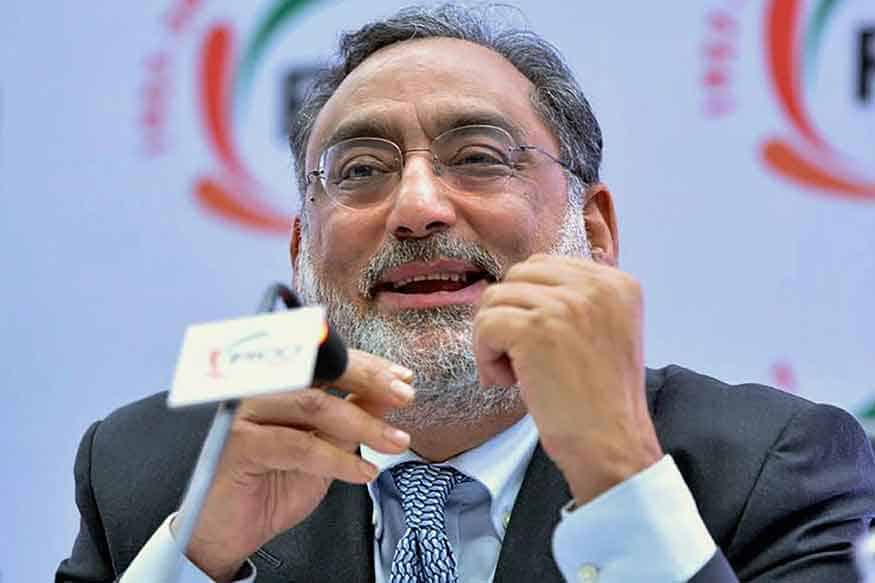Jammu: Jammu and Kashmir’s economy was shattered by the flooding in 2014, disturbances in 2016, demonetisation and the implementation of the GST, and the budget for 2018-19 aims to put it back on track, Finance Minister Haseeb Drabu said on Wednesday.
“We are steadily moving towards putting in place a wide- ranging public expenditure policy so that the money keeps continuously flowing and circulating in the system to keep the local economy enduring,” he said, winding up the discussion on the Budget proposals for 2018-19 in the Assembly.
He said the measures announced in the budget would facilitate the greater inflow of cash in the system which would go a long way in the revival the sluggish local economy.
Drabu said that with the unflinching support of the Chief Minister Mehbooba Mufti, he has been able to make various structural interventions in the state’s financial system which have immensely helped improve public expenditure management.
“Now we need to take the expenditure to the ground and take the benefits of those gains to the people at the grassroots level,” he said.
Drabu unveiled a Rs 80,313-crore budget with multiple sops for farmers and industry on January 11.
He said the focus of the renewed fiscal policy is to enlarge the constituency of peace, and restore the dignity of the state and its people.
“This is perhaps the first budget that is not about the government departments but the stakeholders encompassing every section of the society including the poorest of the poor, the marginalised, employees, traders, industrialists, agriculturists, women, girls, students, youths and the destitute,” the finance minister said.
“And I have contended that I have achieved the objective to a significant extent,” he said.
With the budgetary edifice in place, now is the time to consolidate the fiscal and budgetary reforms at the departmental level for sustained and self-generating efficiency gains, he said.
Drabu said the government is trying to bring up a new rural fiscal architecture by linking panchayats with rural and cooperative banks.
“We want to effectively revive the institutions of rural local governance in the state with a sustainable supportive fiscal system,” he said, adding the capital infusion of Rs 250 crore to three cooperative banks and the decision to connect these banks with panchayats would provide regular fund flow to these banks.
He said a parallel financial structure has been initiated for empowering the panchayats and further boosting the rural economy.
Elaborating on the provisions kept in the budget for the agriculture sector, Drabu said the focus of the government was to promote commercial agriculture to transform the rural economy.
“Horticulture is a major part of the agriculture sector and thrust is on professionalising these sectors to generate more employment,” he said.
Responding to the concerns of many legislators regarding Jammu and Kashmir Bank, Drabu assured the House that although he favoured complete autonomy in the functioning of the bank, as a regulator he would take the requisite measures to address the issues concerning the bank.
“We would look into the issues, if any, in J&K Bank and ensure that its functioning is made more transparent. However, it should not be a reason for getting the issue to the House for a debate because it has costs for the financial institution,” he said.
Earlier, 38 legislators participated in the 12-hour discussion on the budget.
PTI

